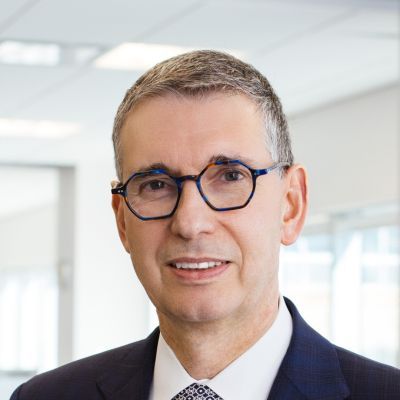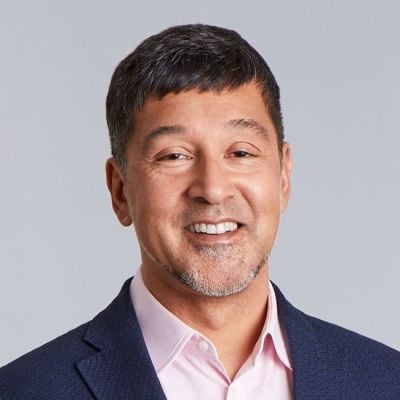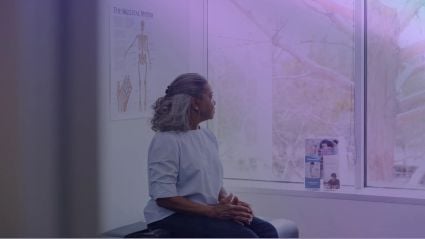
While COVID-19 and recent natural disasters have demonstrated the fundamental resilience of the global pharmaceutical supply chain, they have also revealed blind spots, such as growing health inequities, that threaten our ability to advance broader public health goals for individuals and communities.
These challenges reinforce the vital need for stakeholders across the health-care ecosystem to think holistically about how best to adapt to supply chain pressures, but also how we can use our experiences and partnerships as a catalyst for new innovations. That’s why the Healthcare Distribution Alliance (HDA), the national organization representing health-care distributors, is partnering with the Milken Institute to bring together thought leaders from across the health-care ecosystem to envision the future of the pharmaceutical supply chain and how it continues to support public health.
Earlier this fall, the Milken Institute convened a discussion with supply chain and public health experts—HDA members, hospitals, government agencies, state and local officials, and others. Our conversation is ongoing, but I am encouraged by the themes emerging, including the importance of health equity, communication and trust, and public-private partnerships. The Future of Health Summit provides an exciting opportunity to further this discussion and bring together some of the most innovative thinkers working to improve public health.
Responding to supply chain challenges requires adaptation and coordination.
Addressing Health Equity Challenges and Opportunities
COVID-19 has reinforced that large-scale public health challenges can further drive health disparities, but there are also notable examples during the pandemic of how we were able to make a meaningful difference in communities. Improving health equity and protecting people experiencing material poverty or illness during a crisis depend on coordination across the supply chain, particularly with the public sector and local partners in communities in need.
Distributors’ unique role within the pharmaceutical supply chain means our industry is quite literally at the center of the health-care ecosystem. From this vantage point, distributors are able to leverage their logistics expertise to reach communities across the country—from the biggest cities to the smallest towns.
Further, by leveraging our expertise, data, and relationships across the supply chain, distributors serve as essential partners to pharmacies and providers while also ensuring that patients nationwide can get medicines whenever and wherever they need them.
As one of the most accessible, trusted health-care providers in their communities, pharmacists are the cornerstone of a successful public health response, and their role has never been more important than during COVID-19. Our work enables them to focus on their core expertise, providing the logistics solutions so they can focus on patients.
Applying Lessons from COVID-19 to Build a More Resilient Supply Chain
As we think about how the supply chain must evolve to meet the demands of public health, the distribution industry is ready to leverage its core expertise—ensuring the right medicines get to the right place at the right time.
I am proud of how our industry helped to ensure that the supply chain did not break under the pressures of the pandemic. We applied our knowledge, capabilities, and capacity—working with federal, state, and local governments to support the needs of those responding to COVID-19 as well as those managing ongoing health-care needs.
We certainly learned a lot and have incorporated those lessons into our guiding principles for increasing supply chain resilience. Our experiences reaffirmed that the private sector is a crucial partner in any public health response—and that responding to supply chain challenges requires adaption and coordination.
COVID-19 is still very much a part of our lives; however, there is a need to begin planning for the role the supply chain will play in the future. One key consideration is determining how vaccines and therapeutics are distributed through commercial channels. Further, we need to assess whether our supply chains and public health infrastructure are ready for the next public health crisis, should it arise in our lifetimes.
With increased responsibility and awareness of the pharmaceutical supply chain come the expectation for action from its stakeholders. While the distribution industry stands ready to leverage our own knowledge and experience to further enhance supply chain resilience, we cannot do it alone.
Opportunities like the Future of Health Summit provide an indispensable forum for fresh thinking, and we are honored to be part of the discussion.















